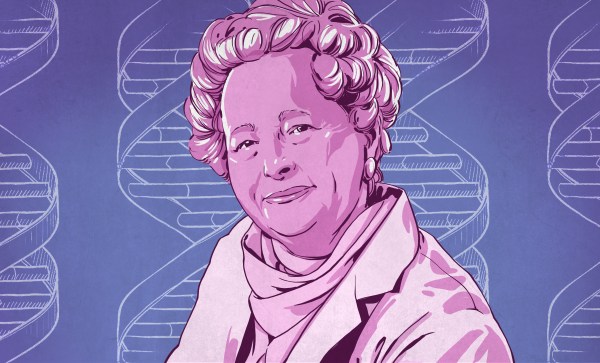Simple blood tests can lead a doctor toward a diagnosis of blood cancers, like leukemia, lymphoma and myeloma, but to really see what’s going on, he or she needs to go to the source of the problem: the bone marrow. Examining maturing blood cells from the marrow with a microscope is an important step in staging the disease and developing a plan for treatment, but it’s a tedious and error-prone process that requires a doctor to classify and tally a dozen or so different cells based on their size, shape and features. Automated systems like flow cytometry and image analysis software can help, but in an austere environment, a doctor might not have access to these. Luckily, there’s now an on-line app to assist with bone marrow cytometry.
Thanks to [Eduardo Zola], a doctor can concentrate on classifying cells without looking up from the microscope, and without dictating to an assistant. Keys are assigned to the different cell morphologies, and a running total of each cell type is kept. With practice, the doctor should be able to master the keying for the various cells; we suspect the generation of physicians that grew up with the WASD keying common in PC-based gaming might have a significant advantage over the older docs when it comes to learning such an app.
[Eduardo]’s app seems like a simple way to improve on an important medical procedure, and an enabling technology where access to modern instrumentation is limited. To that end, one area for improvement might be a standalone app that can run on a laptop without internet access, or perhaps even a version that runs on a smart phone. But even as it is, it’s a great entry for the 2015 Hackaday Prize.


















